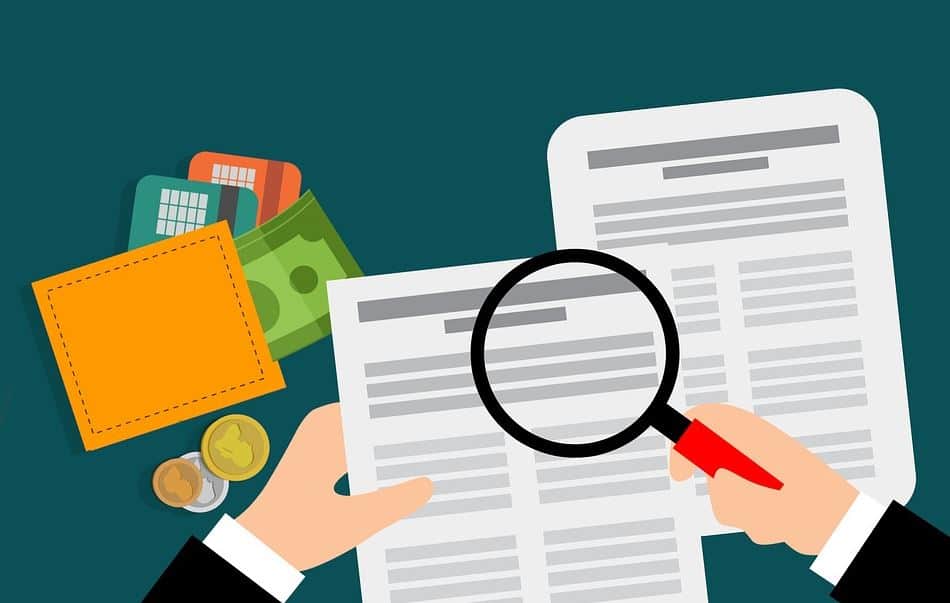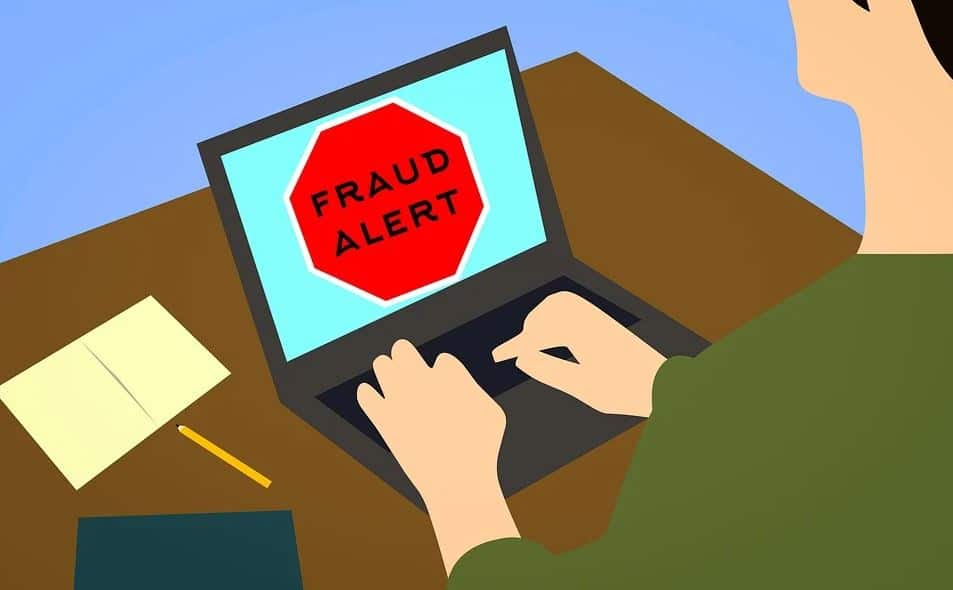So, has the information we’ve laid out in the online privacy/security series got you thinking about the different things you do online?
Does it make you worry about what companies have your personal data and information?
If it hasn’t, then you need to re-read the previous articles in this series. If you haven’t already read them, you can find them here:
Online Security 101 – Protecting Your Personal Data Online
Data Breaches Put Your Personal Info at Risk
Your Options Once Your Personal Data is Compromised
Earn a Passive Crypto Income With CashFX
Over the past decade we have developed an increasing reliance on the internet. Let’s face it, that reliance is only going to increase. The list of things we do online just continues to grow.
We bank online, we shop online, we socialize online, we apply for jobs online… we could go on… but you get the point.
With this exponential growth of our online activities, the opportunities for hackers and thieves to steal our identity also increases.
Once they have control of our information, the things they can do could easily destroy our lives and deplete our bank accounts… and for those who are heavily involved in the cryptocurrency space, they could potentially gain access to your crypto.
This can be very frightening!
Monitoring Your Information

If you are worried about how easy it is for your identifying data to be disseminated over the internet, you should know that this same internet has also made it much easier for you to keep a watchful eye over your information. The two main options are credit monitoring and identity theft protection.
The most general (and cheapest) of the two is simply monitoring your credit. You can either monitor your credit yourself by checking regularly or pay for any of the many credit monitoring services available that will alert you to any changes or new activity on your credit report.
If you have a credit card, or have been the victim of one of the recent large data breaches, chances are that you may already have access to this service for free. Otherwise, you can conduct your own credit monitoring by checking your credit for free through any of the large credit reporting agencies (Equifax, Experian, and TransUnion).
You may have heard, however, that credit checks cause your credit score to drop. While this is true for credit checks made when opening new lines of credit, or when applying for a loan, you can check your credit for free (this is called a soft inquiry) without hurting your score at all.
While it is already a good idea to check your credit score around once a year to ensure that you are still in good standing, unexplained drops in your credit score can also be an indicator of fraudulent activity. If you notice an unexplained change in your credit report you should freeze your credit immediately and dispute any activity that you think someone else may be responsible for.
ID Theft Protection
Compared to credit monitoring, ID theft protection is a much more proactive service. This is generally a paid service, or something your bank might offer as a perk.
Generally speaking this type of service will monitor for any sort of suspicious activity linked to your personal information. Where monitoring services alert you to any new activity that pops up on your credit report, identity theft protection attempts to discern suspicious activity when the smaller charges that might not show up there.

For instance, your ID theft protection service might alert you if there is a new utility account filed with your credit card, if someone is trying to use your identity to receive payday loans, or even if someone is attempting to use your social security number to collect federal benefits. These services will also usually assign you a case manager in the event your identity is stolen who will help you navigate the steps and documents required to notify all necessary authorities and financial entities of your situation so that you can freeze your credit and start the process of refuting any fraudulent activity.
Keep in mind that neither identity theft protection nor credit monitoring can’t prevent the initial theft, but it can help you regain control of your digital identity. It is critical in the case of identity theft to act as soon as possible to mitigate potential damage, these services help you do that.
Disclaimer
The information provided here is for INFORMATIONAL & EDUCATIONAL PURPOSES ONLY!
View our complete disclaimer on our Disclaimer Page

